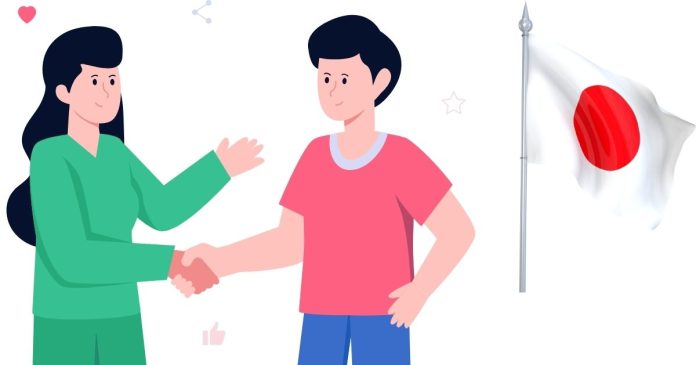In Japanese, the most common way to say “How are you?” is:
お元気ですか?
(おげんきですか?)
(O-genki desu ka?)
Breakdown:
- お (O): This is an honorific prefix, used to show respect or politeness. In this context, it adds a level of formality.
- 元気 (げんき, genki): This means “health,” “spirit,” or “energy.” It can also be interpreted as “well-being.”
- ですか (desu ka): This is a polite ending for a question. The “ka” at the end turns the statement into a question.
So, “お元気ですか?” literally translates to “Are you well?” or “Are you in good health?”
Other Ways to Ask “How are you?” in Japanese
- 元気?
(げんき?)
(Genki?)
This is a more casual, informal way to ask “How are you?” It drops the “お” (honorific prefix) and “ですか” (polite ending), making it suitable for friends or people you’re close to. - 調子はどうですか?
(ちょうしはどうですか?)
(Chōshi wa dō desu ka?)
This is another formal way to ask someone how they’re doing, but it translates more directly as “How’s the condition?” or “How’s everything going?” It’s often used in professional settings or when you haven’t seen someone in a while. - いかがですか?
(Ikaga desu ka?)
This is a very polite, somewhat formal way of asking how someone is. It literally means “How is it?” but is often used to inquire about someone’s well-being or how they are feeling. It’s more formal than お元気ですか? and can be used in more respectful contexts.
When You Don’t Use “How Are You?”
In Japan, “How are you?” isn’t as commonly used in casual conversation as it is in English. Instead, people might greet each other with phrases like:
- こんにちは (Konnichiwa) – “Hello” or “Good afternoon.”
- お疲れ様です (おつかれさまです, Otsukaresama desu) – “Good job” or “Thank you for your hard work.” Often used in workplaces or after a task is completed.
- お久しぶりです (おひさしぶりです, Ohisashiburi desu) – “Long time no see.” This is used when you haven’t seen someone in a while.
So, while お元気ですか? is certainly correct, it’s more of a formal greeting and less commonly used in daily interactions unless you’re asking someone you haven’t seen in a long time.


